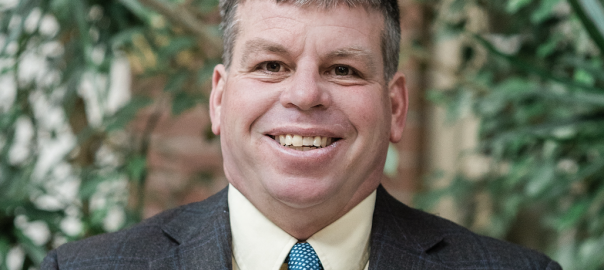
Wide Support to Protect Pollinators
Keeping our bees healthy in New York took a big step forward this week with the passage of Assembly bill 7568 / Senate bill 7111 which would safeguard apiaries in the state. As a farmer, I take great interest in protecting our pollinators. My family’s fruit and vegetable farm in the mid-Hudson Valley needs these important insects to do their work to help germinate my crops in order to grow and harvest fresh produce for my community.
Protection of our pollinators has been a primary focus for the agricultural community in New York, as the bee populations face many challenges including threats from mites, disease, and loss of habitat. A pro-active approach that encompasses best management practices on farms, the latest science and up-to-date data will help find better solutions.
The good news is that our collective efforts are working. New York is a leader in overall bee health, while other states lag behind. This is due to efforts of beekeepers and other farmers, along with our state government partners. The state’s Pollinator Protection Plan and millions of dollars in pollinator research in New York authorized by the legislature have truly made a difference for pollinator health in the state. We are winning this battle.
The bill championed by Assembly Agriculture Committee Chair Donna Lupardo and Senator Michelle Hinchey continues these groundbreaking efforts. It would establish a New York apiary industry advisory committee and allow the New York State Department of Agriculture and Markets (NYSDAM) to perform inspections of beehives to prevent the spread of infections or contagious disease. This legislation would also establish a cooperative honeybee health improvement program which would require the registration of apiaries and allow for annual inspections of apiaries selling a nucleus colony.
This bill has wide support from professional beekeepers in the state. While honey production is a great commodity in New York, beekeepers also send their hives to help pollinate crops both in our state and across the country. That is why I commend Assembly and Senate lawmakers for their unanimous support in using science-based approaches to protect our pollinators. They are leading the way in safeguarding what is an essential part of agriculture and our food supply.
This bill would improve the ability of the state to monitor some of the health challenges for honeybees, including infectious diseases and parasites. Just in the last three years, there has been an increase of American Foul Brood disease with the number of cases rising from 66 in 2018 to 140 cases in 2020. The latest New York State Pollinator Protection Plan, which is a national leader in protecting bees, butterflies and more, highlighted the importance of curbing the disease in the managed pollinator population in the state. In order to do that, the department needs information on the location and condition of managed apiaries in New York.
One beehive infected with American Foul Brood disease could easily pass on the disease to another hive miles away. Allowing NYSDAM to closely monitor the occurrence of disease will benefit the apiaries along with maintaining a healthy honeybee population in New York State.
I applaud Assembly Member Lupardo and Senator Hinchey and the supporters of this bill who took responsible action in the name of science to improve conditions for pollinators and ultimately our food supply in New York State, and I encourage the Governor to fully support the bill as well.
Chris Kelder is the New York Farm Bureau State Director. His farm is located in Kerhonkson, NY.

